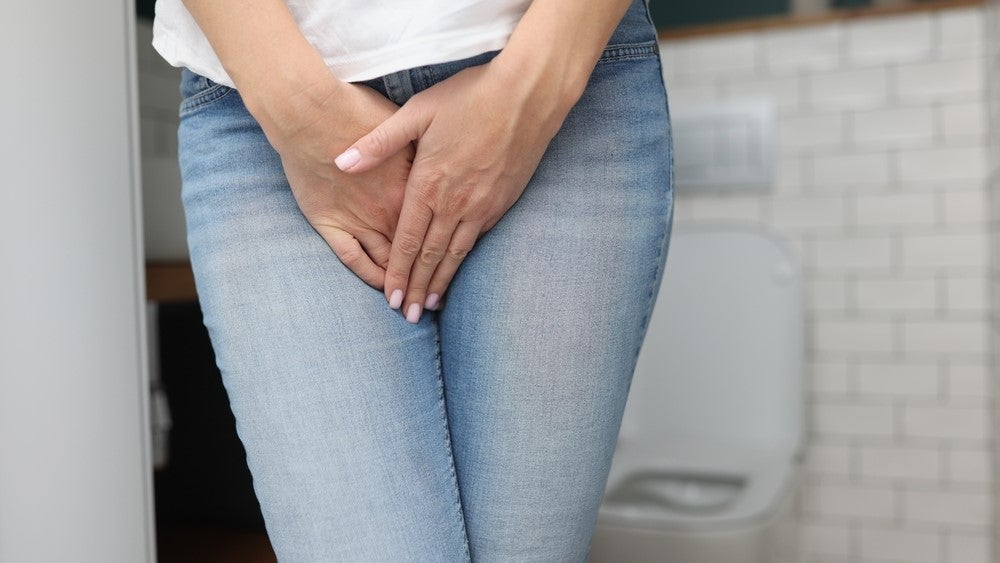Neuspera Medical has announced that its implantable sacral neuromodulation (SNM) system for treating urinary urge incontinence has met the primary endpoint of the device trial.
The US-based company plans to use the data to file for regulatory approval with the US Food and Drug Administration (FDA). Neuspera is seeking approval to use its SNM implant to treat overactive bladder symptoms, especially urinary urge incontinence.
The SANS-UUI multi-centre, single-arm clinical study was designed to demonstrate the safety and efficacy of the SNM implant. The participants received stimulation two hours a day for six months. The trial met its primary endpoint of improving symptoms of urge urinary incontinence at six months.
Neuspera’s SNM implant comprises a micro-implant that delivers neurostimulation therapy through a wireless platform, including a wearable transmitter and iPad-based clinician programmer. The SNM system is implanted in a single procedure and is wirelessly powered via an external device for short daily durations.
Earlier this month, the company raised $23m in Series D financing to fund the premarket approval of the SNM implant and it was cleared by the FDA as a peripheral nerve stimulation (PNS) device to treat chronic pain in April.
Most urinary incontinence devices are developed to treat stress incontinence. UroMems is trialling an implantable device, MyoElectroMechanical, for managing stress urinary incontinence in both men and women. The device is placed around the urethral duct and automatically changes the sphincter opening by pressure adjustments based on the patient’s activity.
In February, Pelvital published the results from a study of its Flyte device to treat women with SUI and weakened pelvic floor muscles. The trial enrolled 119 participants, and 71% of these achieved dry or near dry over two to 12 weeks. After two years, all respondents maintained the improvement in quality of life.















